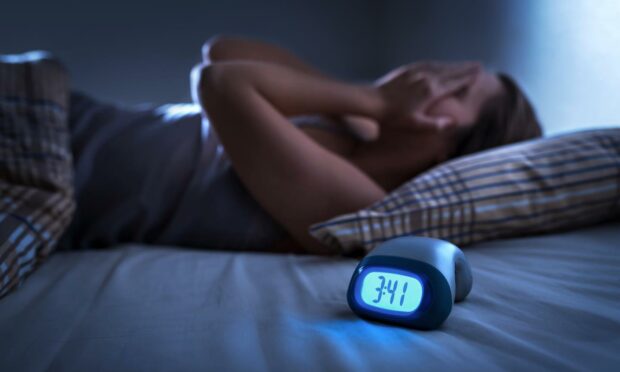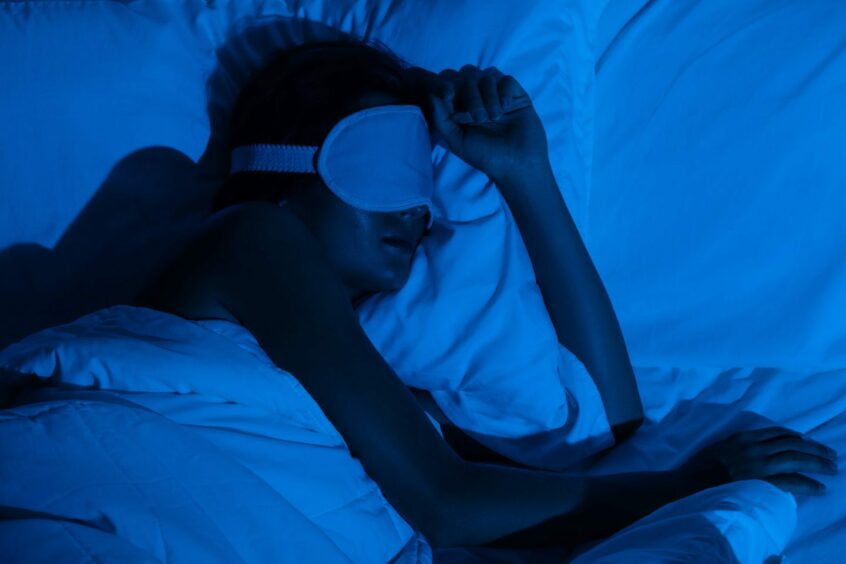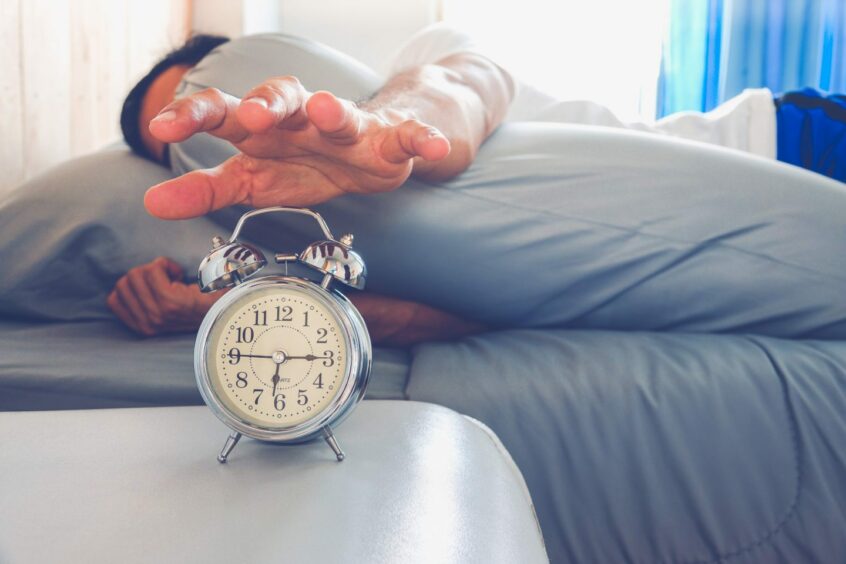Many of us will be looking forward to an extra hour of sleep tonight as the clocks go back.
And though it’s only an hour, the jump can have an impact on sleep and how you feel for days after.
But why is that? And how can you avoid feeling groggy in the days after Daylight Saving Time (DST) ends?
We’re answering all your questions.
How is sleep and health impacted by daylight savings?
On Sunday at 2am, the clock will go back to 1am, giving us an extra hour this weekend. This can affect our internal body clock and disrupt sleep.
The changes in light can also have an impact. At the moment, you might be waking up for work in the darkness.
The good news is that as of tomorrow morning, it should be lighter when you wake up.
The bad news is the earlier light can cause you to wake up before you normally do. So even though we’ve had an extra hour of sleep, this can be disorientating.
And of course, you’ve only gained an hour of sleep if you’re actually asleep through the night.
Shift workers
For shift workers, those on nights out and others who are awake through the night, the extra hour can also disrupt sleep.
And your health can also be impacted. While you might feel more sleepy, you’re also more likely to experience mood swings and irritability as well.
And research even shows the risk of stroke slightly increases in the first two days after a DST change. So, it’s essential to try and keep your sleep as ‘normal’ as possible.
Bedtime routine
You shouldn’t stay up too much later to make up for the extra hour. Instead try to keep to your regular sleep time.
Your body’s circadian rhythm will likely wake you up at the same time as normal on Sunday. So, if you usually wake up at 8am, you’ll likely wake up at 7am tomorrow.
After the clocks change, try to go to sleep at the same time every night, so your body’s circadian rhythm falls back into place and you get those seven or eight hours sleep.
Once you get into a regular pattern, your body will naturally recognise when it’s time to wake up or go to sleep.
Similarly, you can eat your evening meal slightly earlier, so your body has enough time to digest before you rest. This will help you fall asleep faster.
CBD
Another thing to try could be introducing CBD into your sleep routine tonight and for a few nights after the clocks change.
Research indicates CBD is therapeutic for anxiety and insomnia and may increase mental sedation, which can help when drifting off to sleep.
They can be purchased online, or from health stores like Holland and Barrett, which has shops in Dundee, Arbroath, Glenrothes and elsewhere in Tayside and Fife.
Top sleep tips
In the lead up to bedtime tonight, and the next few nights, get prepared for sleep.
- Avoid the ‘big light’ at all costs and instead use lamps or candles for softer, ambient lighting.
- Relax, shower, take a bath, read, do a skin care routine to help slow down and prepare for sleep.
- Nap – if you’re feeling tired tomorrow or into next week, it’s OK to nap. Don’t exceed 20 minutes, as you don’t want to throw your body clock off even more at night time.
- Get outside – this weekend is the perfect time to walk in nature, enjoy the Scottish autumn and take advantage of natural light.
- Read these recommendations from our readers – 7 top tips to help you drift off.
Natural light affects our body clock and exposure to sunlight can alleviate feelings of tiredness during the day that often accompany time changes.
Being outdoors during the day suppresses melatonin production, a hormone released in the evening to help you feel tired and ready for bed.
- Get more sleep tips, advice and personal stories at the Health and Wellbeing team’s sleep series.














Conversation